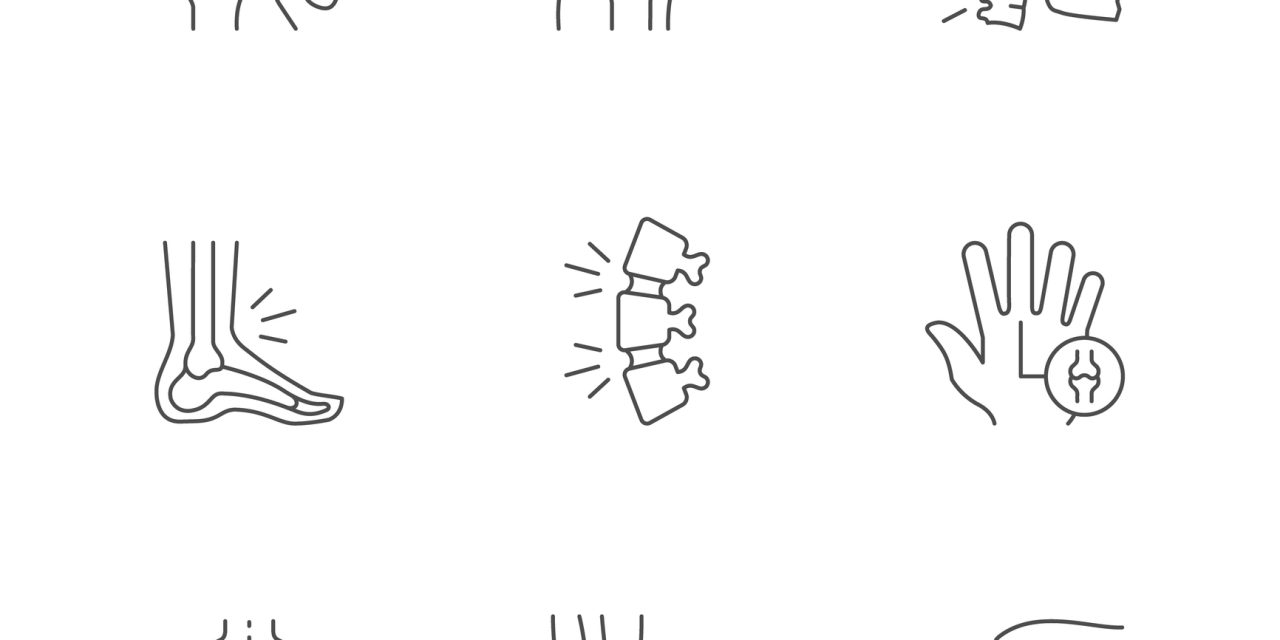Social communication problems in children make them prone to academic failure, difficulty forming friendships, social exclusion, and withdrawal. This study was done to analyze the relationship between receptive language skills and social communication skills using Path Analysis.
This study used a cross sectional study design with a sample size of 200 people who were selected using a random sampling technique. The dependent variable is the ability of social communication. The independent variable is receptive language ability, parenting, birth order, and gender. Data collection was performed using a questionnaire and analyzed by path analysis using Stata 13.
Good receptive language skills directly increase social communication skills. The birth order of the first child directly increased the ability of social communication. Democratic parenting directly increases the ability of social communication. Female sex directly increased social communication skills.
The study concluded through its findings that good social communication skills in preschool-age children increase directly with good receptive language skills, birth order of the first child, parenting patterns of democratic parents, and female gender.
Reference: https://thejmch.com/index.php?journal=thejmch&page=article&op=view&path%5B%5D=384


